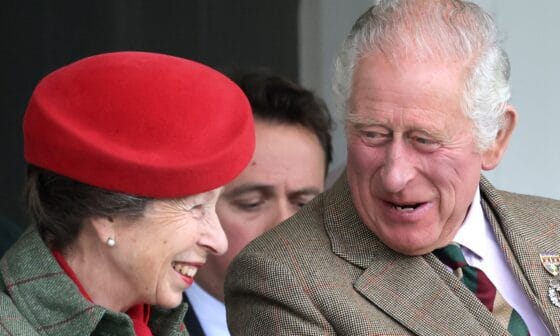As American Idol Season 23 gears up for its grand finale on May 18, many longtime viewers are sounding the alarm: has the once-celebrated singing competition become more about charm and clout than actual talent?
The answer, depending on who you ask, is a resounding yes.
With the judges losing voting power in the final weeks, the fate of each contestant now lies entirely in the hands of the public. Judge Lionel Richie, a veteran of the show’s reboot era, didn’t mince words when he spoke to People magazine:
“It’s an even playing field, but it comes down to popularity. How many fans do they have that like them as people?”
This candid remark has fueled ongoing fan frustrations that Idol has shifted away from discovering the next great vocalist and instead rewards contestants with the best personal brand or most compelling backstory.
The Rise of the Fanbase Factor
Thanks to social media, contestants now have direct access to fans during and beyond the season. Their TikTok lives, Instagram reels, and Twitter Q&As build loyal audiences who vote not just for vocal prowess, but for relatability, personality, and even viral moments.
For some fans, that evolution makes sense in a world where artists need more than just great pipes to succeed. But for others, it’s a betrayal of the show’s original mission: to find the best undiscovered musical talent in America.
One Reddit user summed up the sentiment perfectly:
“This has never been a vocal competition since season 1… It’s a connection competition.”
Another chimed in with a more pointed critique:
“I miss honest judging. Now all they do is skew the audience’s opinions with soap opera life stories. That shouldn’t have anything to do with a talent competition.”
A Controversial Top 5 Shake-Up
That frustration intensified after fan-favorite contestants Slater Nalley and Thunderstorm Artis were both eliminated in the Top 5 episode — an outcome that sparked a wave of backlash across social platforms.
“I want honest judges, not afraid to ruffle feathers,” wrote one fan. “Winners aren’t even close to IDOL status anymore. It’s all too sanitized.”
Despite the drama, American Idol has consistently remained a star-making machine. And even if the crown doesn’t go to the strongest vocalist every year, it’s undeniable that the platform can launch careers — title or no title.
Proof You Don’t Have to Win to Win Big
History has shown that a trophy isn’t required to achieve greatness post-Idol. Just ask Jennifer Hudson, who was eliminated in Season 3 but went on to become one of the show’s most decorated alumni — and an EGOT winner.
Other household names like Chris Daughtry, Adam Lambert, and Katharine McPhee didn’t win their seasons either, yet they carved out successful careers in music, theater, and television.
As reported by Yahoo, these stars are living proof that while winning Idol might bring a temporary spotlight, it’s the post-show hustle that defines a true artist’s legacy.
So… What Is ‘American Idol’ Now?
Is American Idol still about singing? Yes — but it’s also about storytelling, social media savvy, and how well a contestant can engage a national audience week after week.
That shift may disappoint purists, but it reflects the realities of today’s music industry. Talent alone isn’t enough. Personality, perseverance, and popularity all matter. In that sense, American Idol may just be more accurate than ever.
Whether that’s a good thing or not? Fans will keep debating — probably long after the final votes are cast.






